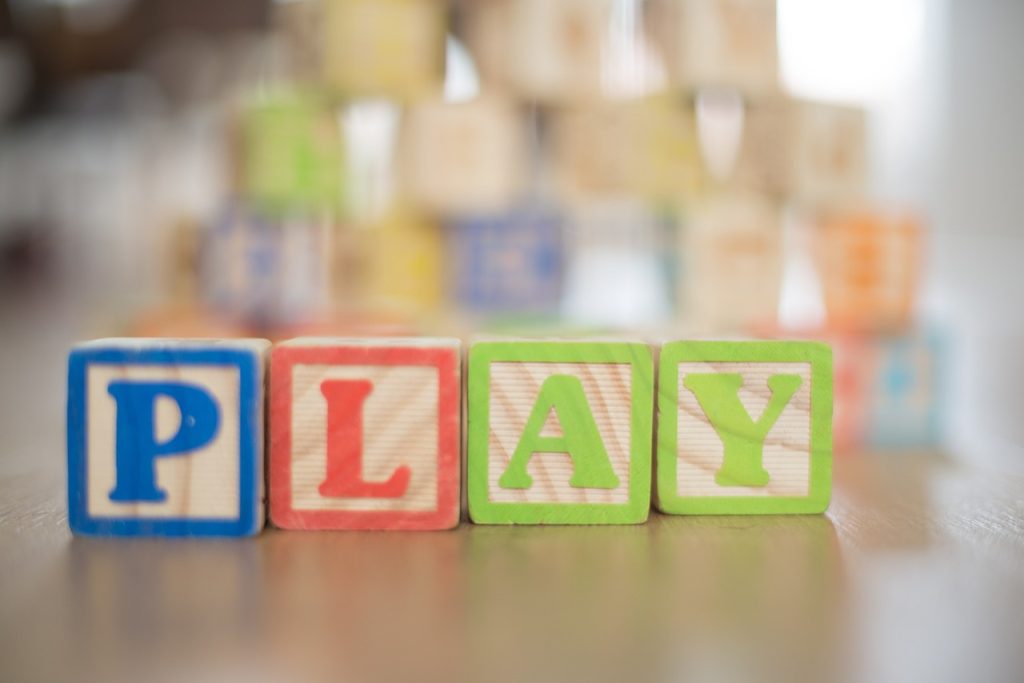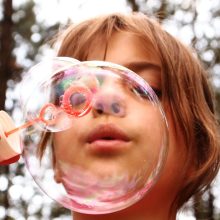Top 10 Toys For Special Needs Children

Welcome to Toytazia, where inclusivity reigns supreme and every child’s unique abilities are celebrated. In a world where play knows no boundaries, we believe in the power of toys for special needs children to ignite imaginations and foster connections. Our curated collection is designed to meet the diverse needs of children of all abilities especially special needs children, offering solutions that inspire confidence, creativity, and joy. Join us as we redefine the boundaries of play and champion a future where every child belongs
- “The Importance of Inclusive Play: How Toys for Special Needs Children Foster Growth and Inclusion”
- In this article, you could discuss how inclusive toys, which are specifically designed to accommodate a wide range of abilities and needs, play a crucial role in providing children with special needs opportunities for play, social interaction, and skill development. You could explain how these toys are often designed with features such as tactile elements, bright colors, and multiple sensory experiences to engage children with various developmental challenges, fostering a sense of belonging and inclusion in play settings.
- “Sensory Play Essentials: Toys and Activities for Sensory Stimulation and Regulation”
- This article would focus on sensory toys and activities that cater to children with sensory processing difficulties. You could explain how sensory toys provide opportunities for children to explore different textures, sounds, and movements, helping them regulate their sensory input and develop coping strategies for sensory overload. Examples of sensory toys might include textured balls, sensory bins filled with materials like rice or sand, vibrating toys, or sensory swings.
- “Adaptive Toys: Enhancing Accessibility and Independence for Children with Disabilities”
- This article would highlight toys and assistive devices designed to meet the unique needs of children with disabilities, such as mobility impairments or fine motor challenges. You could discuss how adaptive toys, such as switch-adapted toys or toys with large buttons, make play more accessible for children with physical disabilities, promoting independence and inclusion in play activities. Additionally, you could showcase toys that support alternative forms of play, such as auditory or visual stimulation, for children with sensory or cognitive impairments.
- “Communication Tools in Play: Toys That Support Language Development and Communication Skills”
- This article would focus on toys and communication aids that facilitate language development and communication for children with speech and language delays or disorders. You could discuss how interactive toys, picture communication boards, and augmentative communication devices provide opportunities for children to practice language skills, express themselves, and engage in meaningful social interactions. By incorporating toys that support communication, children with special needs can build confidence and improve their ability to connect with others.
- “Fine Motor Fun: Toys for Developing Fine Motor Skills and Coordination”
- In this article, you could explore toys and activities aimed at improving fine motor skills, hand-eye coordination, and dexterity in children with motor challenges. Examples might include puzzles, building blocks, threading beads, or toys with buttons and switches that require precise manipulation. By engaging in activities that target fine motor skills, children with special needs can enhance their ability to perform everyday tasks and participate more fully in play and learning activities.
- “Social Skills Builders: Toys That Encourage Social Interaction and Emotional Development”
- This article would showcase toys and games that promote social skills, cooperation, empathy, and emotional regulation in children with social communication difficulties. You could discuss how toys like board games, cooperative play sets, or pretend play props provide opportunities for children to practice turn-taking, sharing, and perspective-taking skills, fostering positive social interactions and friendships. By engaging in play activities that emphasize social skills, children with special needs can develop confidence and build meaningful relationships with peers.
- “Therapeutic Play: Using Play Therapy Techniques and Toys to Support Emotional Well-Being”
- In this article, you could explore the therapeutic benefits of play for children with emotional or behavioral challenges. You could discuss how toys and therapeutic interventions, such as dolls, puppets, sensory play materials, or art supplies, provide opportunities for children to express themselves, explore emotions, and develop coping strategies in a safe and supportive environment. By engaging in therapeutic play activities, special needs children can build resilience, improve self-esteem, and learn to manage their emotions more effectively.
- “Outdoor Adventures for All: Accessible Outdoor Toys and Recreational Activities”
- This article would highlight outdoor toys and recreational equipment designed to accommodate children with mobility impairments or sensory sensitivities. Examples might include adaptive swings, wheelchair-accessible playground structures, or sensory gardens with tactile and auditory elements. By providing inclusive outdoor play experiences, children with special needs can enjoy the physical, social, and cognitive benefits of outdoor play while building confidence and independence in natural environments.
- “Life Skills Development: Toys That Teach Independence, Self-Care, and Daily Living Skills”
- In this article, you could feature toys and activities that target life skills development, such as cooking, grooming, and household tasks. Examples might include play kitchen sets, grooming kits with brushes and combs, or pretend play cleaning supplies. By engaging in play activities that simulate real-life experiences, special needs children can practice essential life skills in a fun and supportive way, gaining confidence and independence in daily activities.
- “Parent’s Guide to Choosing Toys for Special Needs: Tips and Considerations for Selecting the Right Toys”
- This article would provide practical guidance and considerations for parents and caregivers when selecting toys for children with special needs. You could offer tips on assessing a child’s individual interests, abilities, and sensory preferences, as well as guidance on selecting toys that align with therapeutic goals or developmental milestones. By empowering parents with information and resources, they can make informed choices that support their child’s unique needs and promote meaningful play experiences.
toys for special needs children are not just playthings; they’re powerful tools that foster development, promote inclusivity, and enhance quality of life. By addressing specific challenges and providing tailored support, these toys empower children to explore their potential, build confidence, and participate more fully in the world around them. Moreover, they promote understanding, empathy, and acceptance, creating a more inclusive society where every child is valued and included. Investing in inclusive toys is not just about accessibility; it’s about equity and social justice, ensuring that every child has the opportunity to play, learn, and grow to their fullest potential. Let’s continue to champion inclusivity and celebrate the diverse abilities of all children.




